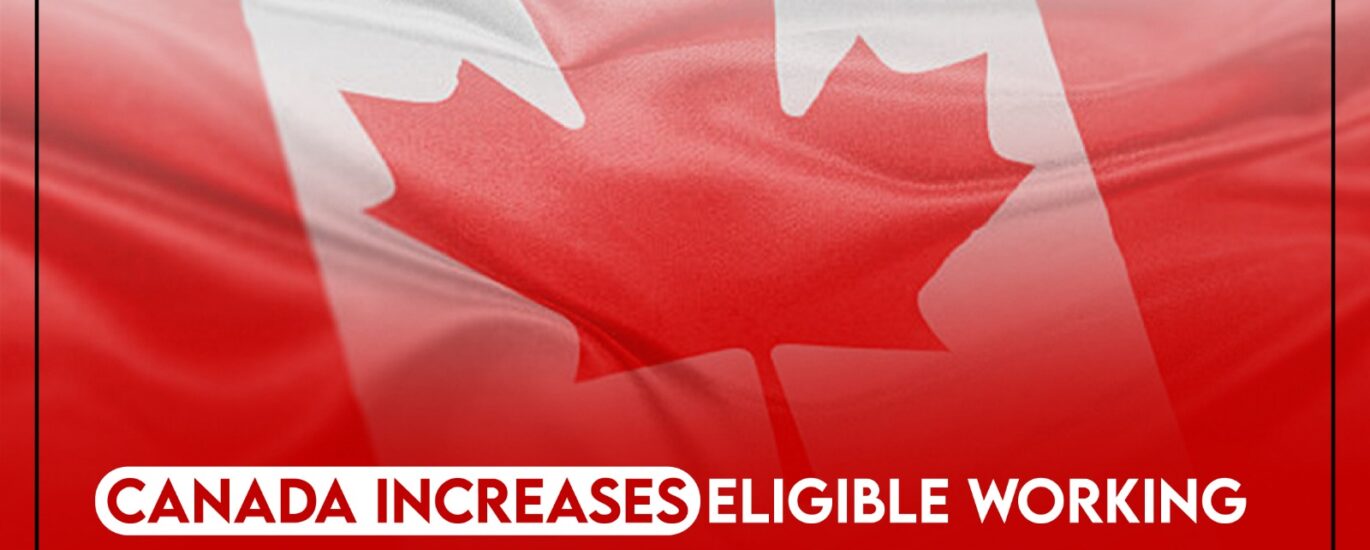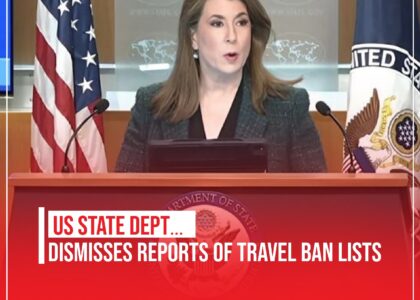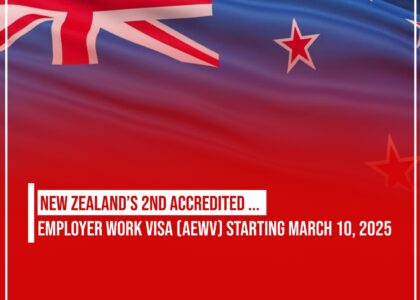Canada has introduced significant changes to its International Student Program (ISP), offering enhanced opportunities for international students while ensuring the program’s integrity and sustainability. These measures, announced by Immigration Minister Marc Miller, aim to protect students from abuse, streamline processes, and foster a supportive academic environment. Here’s everything you need to know about these updates.
New Work Hour Limits for International Students: Striking the Right Balance
One of the standout changes is the adjustment of off-campus work limits for international students. Starting with the latest revisions, students can now work up to 24 hours per week during their academic terms, an increase designed to address their financial needs while keeping their studies a priority.
Minister Miller highlighted the balance this change offers, stating, “By fixing the off-campus work limit to 24 hours per week, we’re striking the right balance between providing work opportunities and helping students stay focused on their education.”
Additionally, international students enrolled in eligible full-time post-secondary programs lasting at least six months—leading to a degree, diploma, or certificate—can continue to work full-time during academic breaks, such as summer or winter holidays. This approach allows students to earn more while adhering to their academic responsibilities.
Also Read: Ontario, British Columbia, Manitoba, and PEI nominate newcomers for provincial immigration
Stronger Oversight for Study Permit Transfers
To maintain the integrity of the ISP, new regulations now require international students to apply for and receive approval for a study permit before switching institutions. This ensures that the system cannot be misused and that students’ educational journeys remain transparent and accountable.
Designated Learning Institutions (DLIs), which oversee these students, are also under stricter reporting obligations. These institutions must submit compliance reports twice a year to Immigration, Refugees, and Citizenship Canada (IRCC), confirming whether students holding study permits remain enrolled. Non-compliance could lead to penalties, including the suspension of the institution’s DLI status.
Enhanced Verification for Letters of Acceptance (LOAs) of International Students
A critical step in safeguarding international students is addressing fraudulent Letters of Acceptance (LOAs). Since December 2023, Canada has implemented a robust LOA verification process to prevent misuse of the system and protect students from scams.
Between December 2023 and October 2024, nearly 529,000 LOAs were reviewed, with 492,000 confirmed as valid. This verification process also flagged over 17,000 LOAs as invalid or previously canceled by the issuing institution. These efforts ensure that students arrive in Canada with legitimate documents and a clear pathway to success.
Quebec Institutions: Gradual Integration into New Standards
While Designated Learning Institutions across Canada are already adhering to the new reporting requirements, institutions in Quebec have been granted a grace period as they transition to the updated system. This ensures a smoother implementation while maintaining oversight over student enrollment and compliance.
Also Read: Canadian passport ranked seventh-best in the world
Protecting Students and Strengthening the System
Canada’s updated regulations reflect its commitment to offering international students an enriching and secure academic experience. The revisions aim to:
- Enhance Financial Support: By allowing increased work hours during the academic term and full-time work during breaks, students can better support their financial needs.
- Streamline Study Permit Processes: Requiring pre-approval for study permit transfers and enforcing reporting standards for DLIs prevents misuse of the ISP and ensures transparency.
- Combat Fraud: The successful implementation of LOA verification reduces the risk of fraudulent admissions and enhances the integrity of the immigration process.
What This Means for International Students
These changes come as part of Canada’s broader immigration goals to attract and retain global talent. The new measures not only make it easier for students to work and study but also ensure they are protected from fraudulent practices and academic disruptions. Students enrolling in qualifying programs can rest assured that they are supported by a robust system designed to foster their success.
International students should stay informed about these new policies, particularly the increased work limits and the requirement for pre-approved study permit transfers. Those planning to study in Canada should verify their LOAs and ensure their institution complies with the latest DLI standards.
Key Takeaways
- Increased Work Hours: Students can now work up to 24 hours per week during the academic term and full-time during scheduled breaks.
- Stronger Oversight: DLIs must report on student enrollment twice a year to IRCC, ensuring compliance with study permits.
- Fraud Prevention: The new LOA verification process has validated the majority of applications, safeguarding students from scams.
- Clear Rules for Transfers: Switching institutions now requires prior approval of a study permit, ensuring accountability in the education system.
- Quebec Integration: Institutions in Quebec are adapting to the new standards, enhancing their role in the ISP.
Why These Changes Matter
Canada remains a top destination for international students, offering world-class education and unparalleled opportunities. By refining its International Student Program, the government reaffirms its dedication to creating a supportive environment for students while maintaining the integrity of its immigration system.
Whether you’re a prospective student planning to study in Canada or a current one navigating the new regulations, these changes signify a positive step toward a more transparent, secure, and enriching educational experience.





